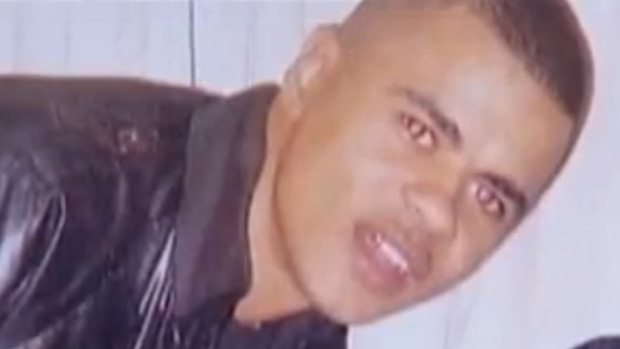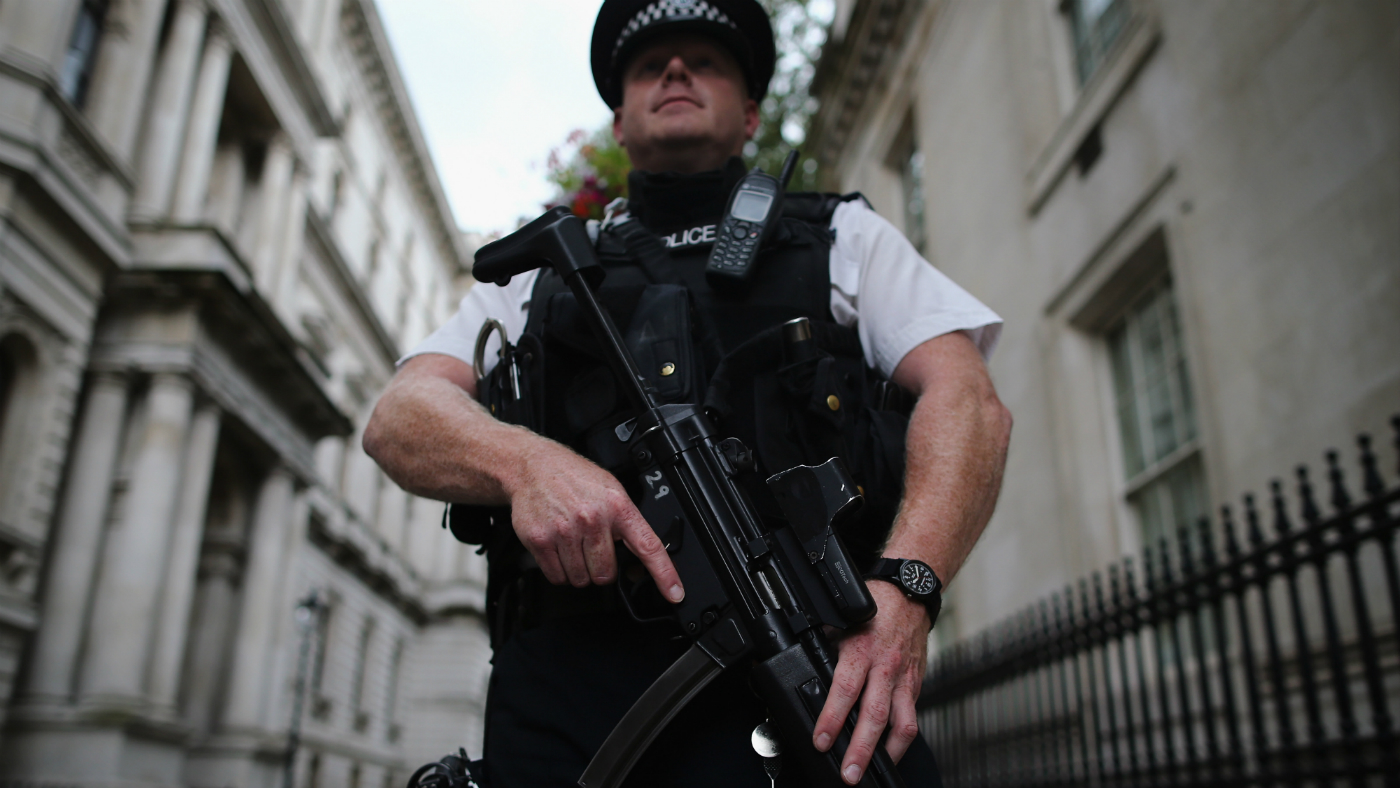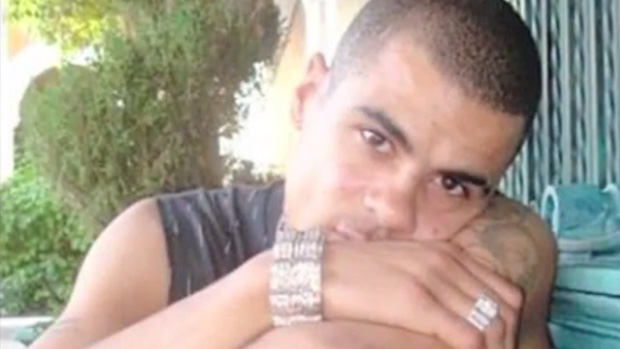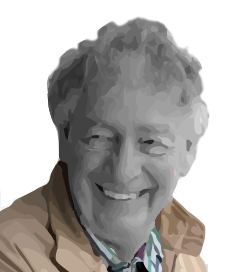Mark Duggan inquest: what the jury had to decide
Inquest jury heard evidence that police marksman was mistaken over order of shots

A free daily email with the biggest news stories of the day – and the best features from TheWeek.com
You are now subscribed
Your newsletter sign-up was successful
JURY members who ruled that Mark Duggan was lawfully killed had to consider a wide range of evidence concerning whether Duggan was armed and what police officers believed about the threat he posed.
What happened to Duggan?
On 4 August 2011, Metropolitan Police officers followed Duggan as he travelled in a taxi to allegedly collect a BBM Bruni model 92 handgun from Leyton, east London. Officers later pulled the car over on Ferry Lane in Tottenham. He got out of the taxi and was fatally shot by a police officer. His death led to some of the worst rioting in decades.
The Week
Escape your echo chamber. Get the facts behind the news, plus analysis from multiple perspectives.

Sign up for The Week's Free Newsletters
From our morning news briefing to a weekly Good News Newsletter, get the best of The Week delivered directly to your inbox.
From our morning news briefing to a weekly Good News Newsletter, get the best of The Week delivered directly to your inbox.
What was the purpose of the inquest?
The central task of the inquest, which began in September last year, was to determine whether the force used against Duggan was proportionate. About 100 witnesses were called in total, including 25 police officers, who gave evidence from behind screens. Witnesses were granted anonymity where their personal safety might have been put at risk by appearing in public.
How was Duggan killed?
The armed police officer, known as V53, who shot Duggan claimed he did so because he held "an honest belief" that the suspect was going to shoot him. He said that he shot Duggan first in the chest and then in the arm. But a pathologist said the marksman "got it wrong" over the order of shots. Professor Derrick Pounder, who carried out a post-mortem on Duggan, says he was shot in the arm and then the chest.
A free daily email with the biggest news stories of the day – and the best features from TheWeek.com
Where was the gun?
The location of the gun has been a key point in the inquest and contested by different witnesses. Duggan is alleged to have collected the handgun 15 minutes before he was shot dead. V53 said he was certain that the suspect was holding a weapon, wrapped in a sock, but that after he had opened fire it disappeared. Police say they found a gun 10 to 20 feet from where Duggan fell, on the other side of a fence. Professor Jonathan Clasper, a military surgeon commissioned by the Independent Police Complaints Commission to examine the incident, said it was "very unlikely" Duggan would have hurled the gun that far, either voluntarily or involuntarily, as he was shot. Michael Mansfield QC, for the Duggan family, told jurors that a number of witnesses very close to the shooting had not seen a gun leave the suspect's hands and fly through the air. Jurors also heard claims a police officer removed the illegal handgun from the taxi after Duggan was shot and planted the weapon on the grass behind the wall – an accusation that was vehemently denied.
What did the jury decide?
The jury reported several findings, some unanimously and some by a majority:
- The jury unanimously found that the Metropolitan Police Service and Serious Organised Crime Agency did not do enough to gather and react to intelligence about the possibility of Duggan collecting a gun.
- The jury unanimously agreed that the stop was conducted in a location and in a way so as to minimise recourse to lethal force.
- The jury unanimously agreed that Duggan had the gun with him in the taxi immediately before the stop.
- A majority of 9-1 jurors concluded that Duggan threw the gun into the grass area where it was later found.
- A majority of 8-2 jurors found that when Duggan received the fatal shot, he did not have the gun in his hand.
More coverage of the Mark Duggan inquest:
Mark Duggan inquest verdict 'baffling' say London MPs Mark Duggan: jury says killing by police was 'lawful' Comment: police must regain the public’s trust
-
 The 8 best TV shows of the 1960s
The 8 best TV shows of the 1960sThe standout shows of this decade take viewers from outer space to the Wild West
-
 Microdramas are booming
Microdramas are boomingUnder the radar Scroll to watch a whole movie
-
 The Olympic timekeepers keeping the Games on track
The Olympic timekeepers keeping the Games on trackUnder the Radar Swiss watchmaking giant Omega has been at the finish line of every Olympic Games for nearly 100 years
-
 UK's armed police to wear head-mounted cameras
UK's armed police to wear head-mounted camerasSpeed Read Cameras will be attached to caps and helmets in wake of death of Mark Duggan in 2011
-
 Mark Duggan: IPCC says sorry for claiming he shot at police
Mark Duggan: IPCC says sorry for claiming he shot at policeSpeed Read Watchdog apologises for telling media the 29-year-old fired at police before they shot him
-
 Mark Duggan inquest: police must regain the public’s trust
Mark Duggan inquest: police must regain the public’s trustIn Depth 30 years ago the public would have had no problem believing the police version of events. Not any more